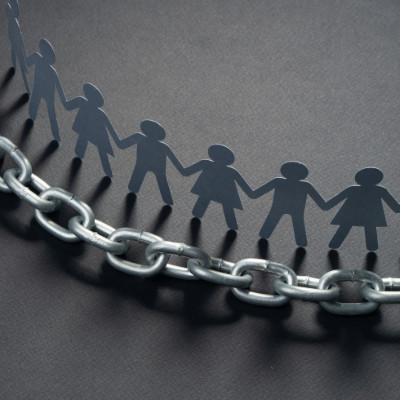Pop culture has given us a vivid, if often terrifying, impression of artificial intelligence. When we hear AI, many still picture calculated malice: a HAL 9000, a Skynet, or an Ultron.
The real potential of AI is far more productive, it's less about calculating world domination and more about becoming your organization's most helpful collaborator. Think of it as a JARVIS for your executive team or an R2-D2 for your operational staff: a powerful tool that assists your team in generating ideas, solving complex problems, and completing high-volume tasks. Critically, maximizing this potential doesn't require new hardware; it requires sharpening the very soft skills we already value in our top performers: curiosity, empathy, and resilience.






















